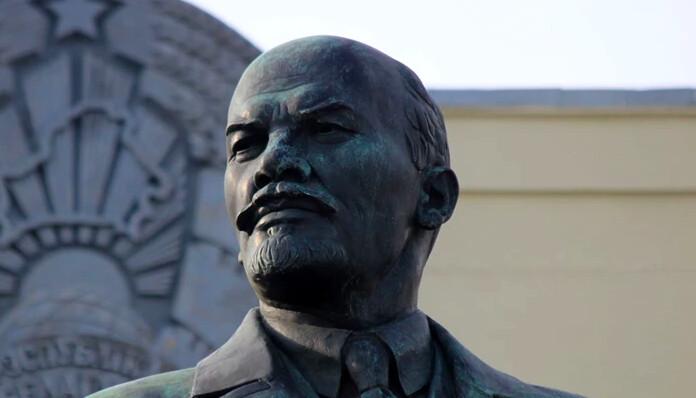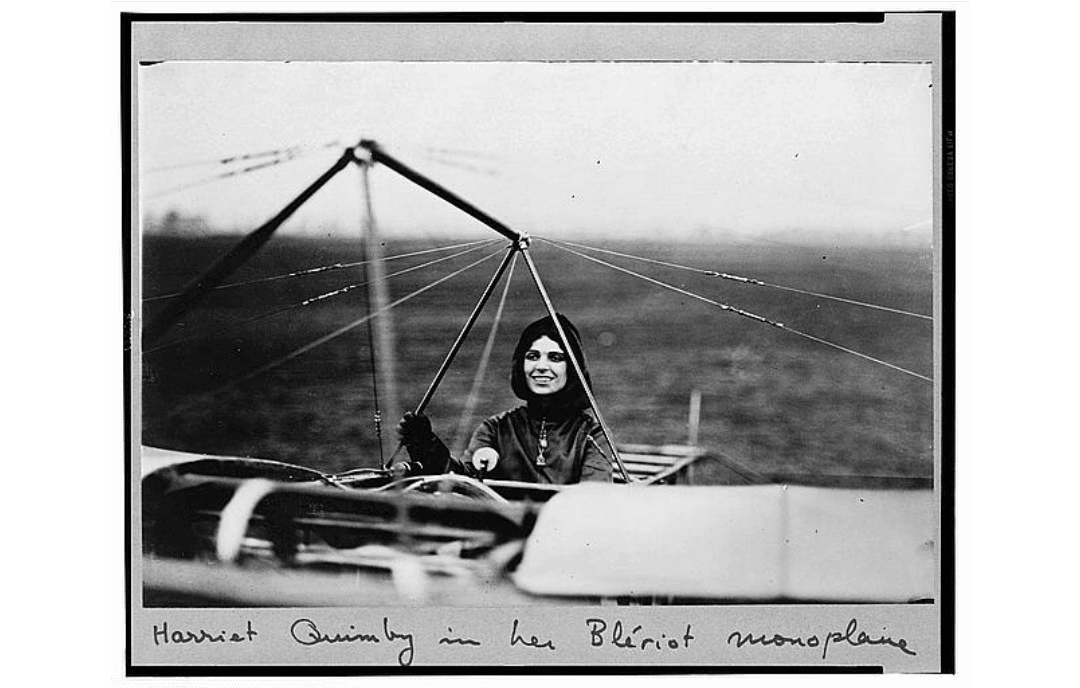A century ago, the Mother Ship of Socialism—the Soviet Union—was teetering on the precipice. The Poles had just vanquished the hopes of dictator Vladimir Lenin to sweep across Europe. Under the bludgeon of Marxist central planning, the economy had collapsed to a fraction of its pre-war dimensions. The country was seething in discontent. Insurrection seemed imminent. Indeed, the month of March 1921 had begun with hungry Soviet soldiers and sailors mounting the Kronstadt Rebellion against the Bolshevik regime.
Lenin’s New Economic Policy: When the Soviets Admitted Socialism Doesn’t Work
What was Vladimir Lenin’s remedy for his unfolding socialist catastrophe early in 1921? Free markets.

Julian Nyča, CC BY-SA 4.0 via Wikimedia Commons
|Updated:




